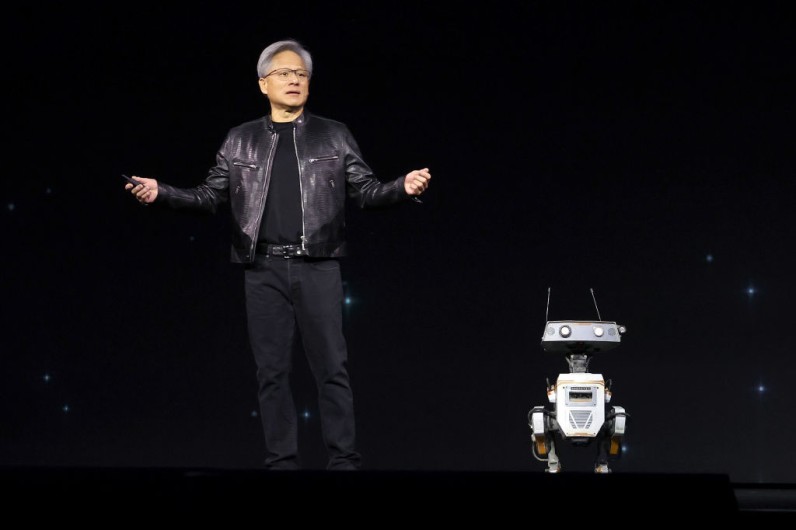
In a recent '60 Minutes' interview by CBS News, Nvidia co-founder and CEO Jensen Huang doubled down when he was told about company employees labeling him as "demanding," "perfectionist," and "not easy to work for."
Huang previously told CNBC that he has 50 direct reports to minimize the number of layers of management in the company. He also stressed that senior executives should operate independently and with little guidance.
In the aftermath of billionaire investors preferring Oracle's artificial intelligence (AI) infrastructure over Nvidia's, business experts say that Huang's leadership style was a unique insight into what makes a company last over three decades in an industry and in a world where empathetic leadership is the norm.
Two experts told CNBC in its report Monday (May 13) that Huang's immigrant background made him the successful but 'cutthroat' boss he is.
Trinity Business School associate professor of organizational behavior Wladislaw Rivkin said that Huang had to be "cutthroat" in his leadership approach to become resilient since he had gone through a "very rough" selection process due to the competition in the tech industry, with Nvidia now worth over $2 trillion.
Imperial College Business School professor of organizational behavior Sankalp Chaturvedi added that with Huang's "rare" three-decade stint in Silicon Valley, and the fact that some of its workers were "choosing to remain for as long as they can" despite equally good opportunities elsewhere, it only meant that the Taiwanese tech boss was doing something right behind the scenes.
Surviving Life and Corporate Competition
Huang was born in Taiwan in 1963 and was sent to the United States by his parents at the age of nine, even though he could not speak English at the time.
During his early days, Huang spent some time at a boarding school, where, according to The New Yorker, he was constantly bullied.
When he became a teenager, he took part-time jobs, including washing dishes at Denny's restaurant and cleaning toilets.
Rivkin said that Huang developed a "task-oriented" leadership style because of his background experience with a "work hard" ethic. This meant he placed a high value on getting things done, setting ambitious goals, and meticulously monitoring corporate performance.
Chaturvedi added that, because of his very early foray into working hard to achieve his goals, he preferred exerting a very high degree of control over every aspect of the company, understanding very well that his organization is a machine that should be well-oiled.
However, both Rivkin and Chaturvedi agreed that Huang's leadership style could still be improved by sprinkling empathy on matters where it would be needed without sacrificing corporate work ethics.
Chaturvedi was specifically concerned about Huang having 50 direct reports, saying that the Nvidia boss might be struggling because he could not coordinate his strengths due to his desire to control every aspect of operations.
Meanwhile, Rivkin also noticed that Huang's leadership style only creates an artificial talent pool, where there is currently a steady flow of applicants who would easily replace workers looking for opportunities elsewhere.
VCPost reported late last month that Nvidia acquired the Tel Aviv-based graphics processing unit (GPU) orchestration software provider Run:ai, with sources familiar with the matter valuing the acquisition between $700 million and $1 billion.







Join the Conversation